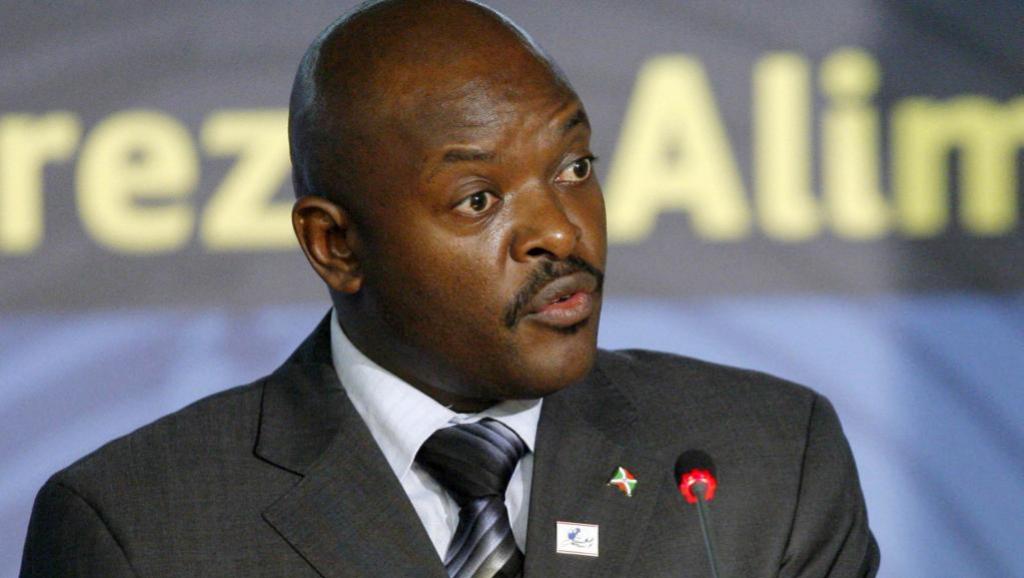Burundi has continued to block broadcasts from two international media organizations British Broadcasting Corporation (BBC) and the Voice of America (VOA) and expand restrictions on their operations, the government announced Friday.
At a meeting in Bujumbura, the president of the National Council of Communication, Nestor Bankumukunzi, said the British Broadcasting Corp. and the Voice of America are no longer allowed to broadcast, effective immediately. The ban is indefinite and extends to journalists, both foreign and domestic, who provide information to either broadcaster.
“We are alarmed that reporters in Burundi are now forbidden to communicate with VOA and believe these continuing threats to our journalists undermine press freedom in the country,” VOA Director Amanda Bennett said. “We stand with the people of Burundi against those who are restricting their access to accurate and reliable news and information.”
The BBC condemned the decision, calling it “a serious blow against media freedom.”
The Burundi government suspended both news organizations for six months, a week before holding a referendum on a new constitution. The outlets have been off the air since.
Rachel Nicholson, a researcher for Amnesty International, said Burundi’s government is angry at the broadcasters for different reasons.
The government was upset by a documentary the BBC broadcast last year, she said, about members of Burundi’s intelligence service operating secret sites where dissidents are detained and tortured.
Burundi has accused VOA of employing a journalist who opposes the government, Nicholson added. Patrick Nduwimana, the former director of Bonesha FM Radio in Burundi, is “wanted for participating in deadly violence that preceded the May attempted coup,” the National Council of Communications wrote in Friday’s statement.





